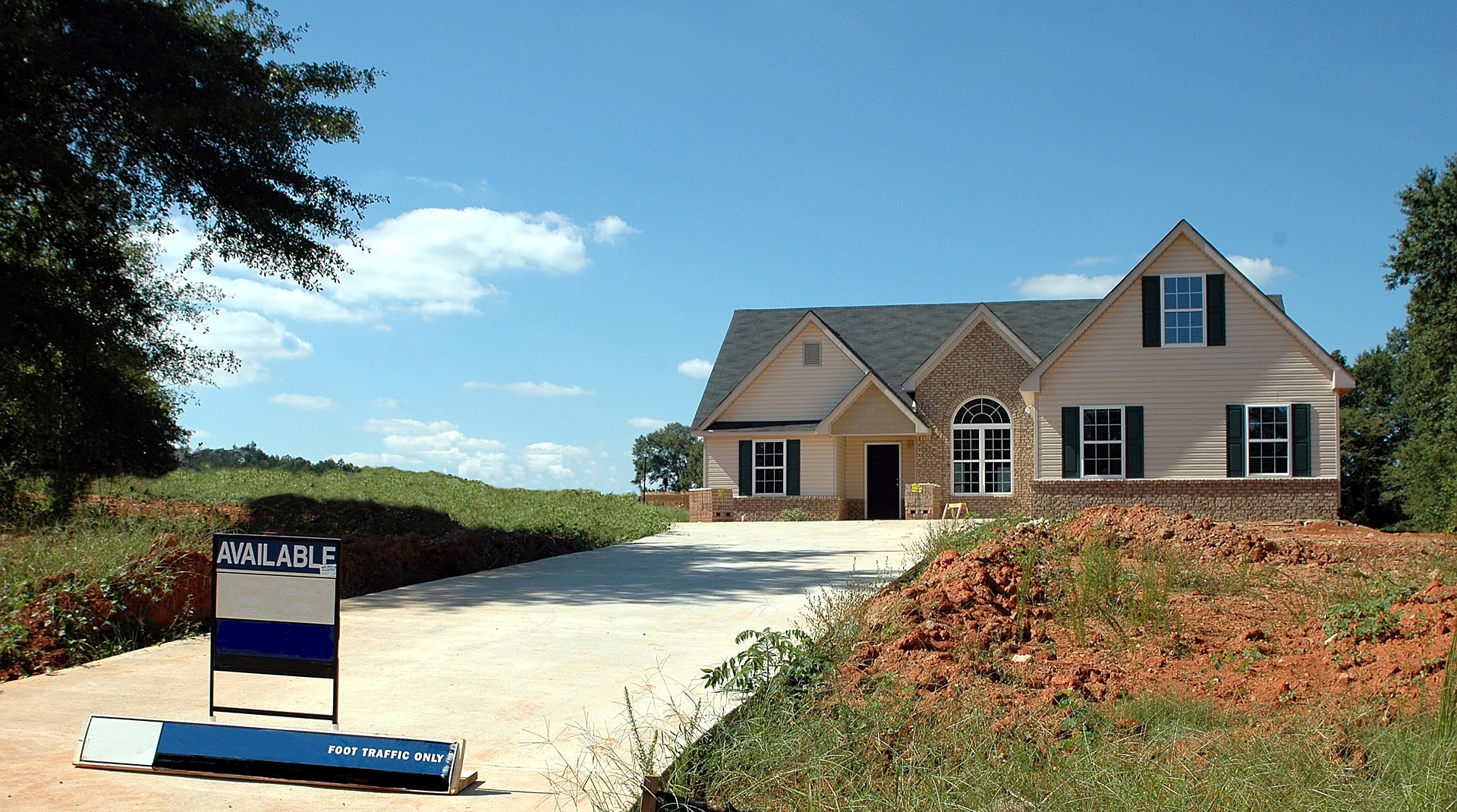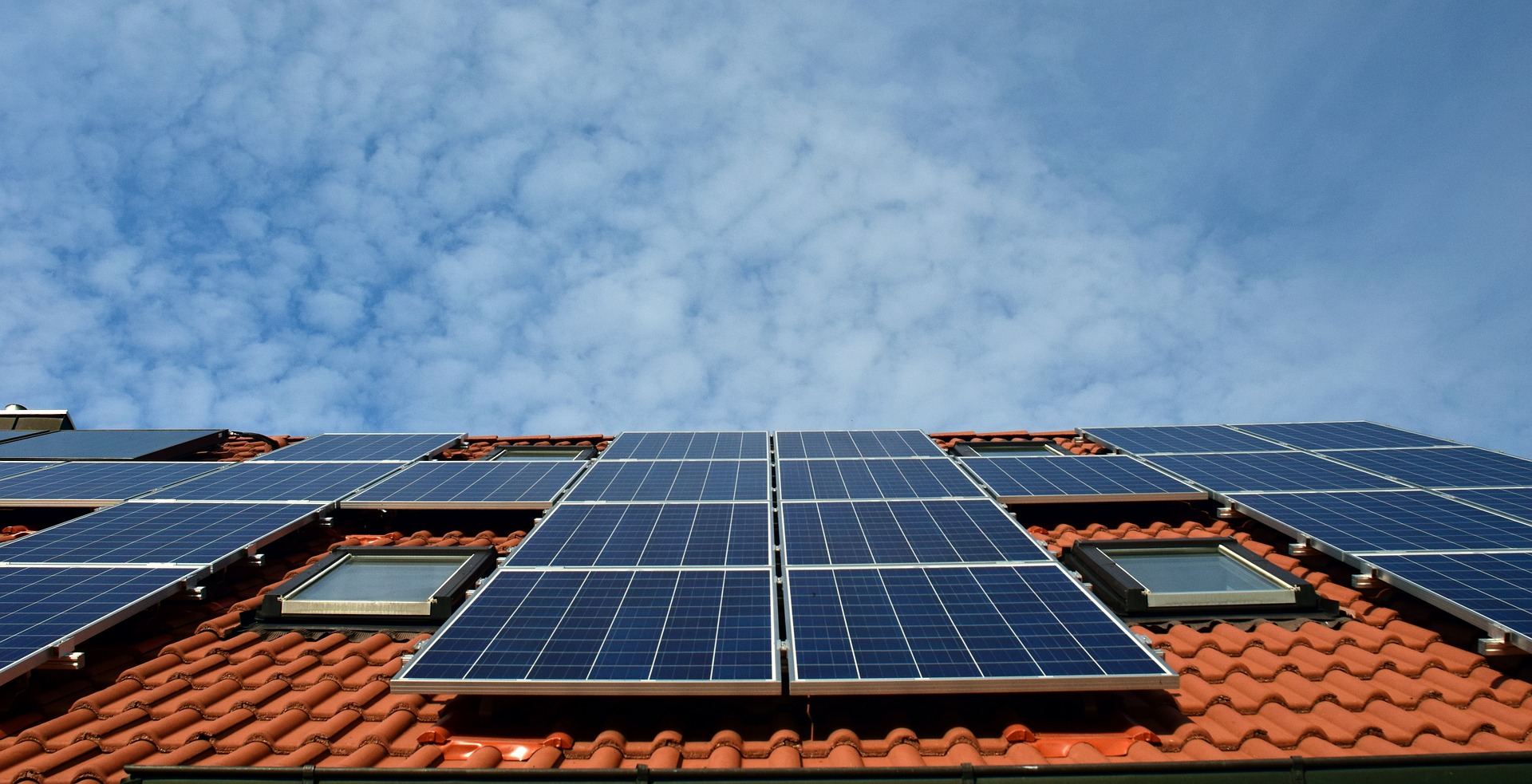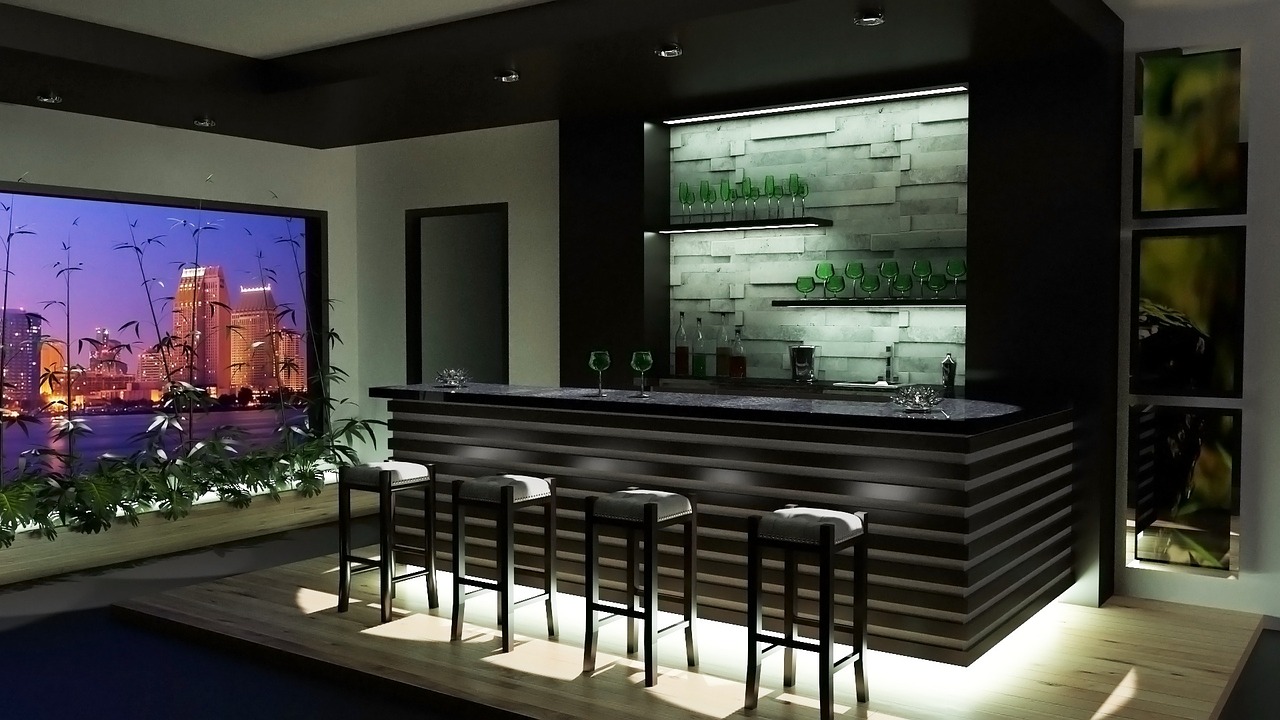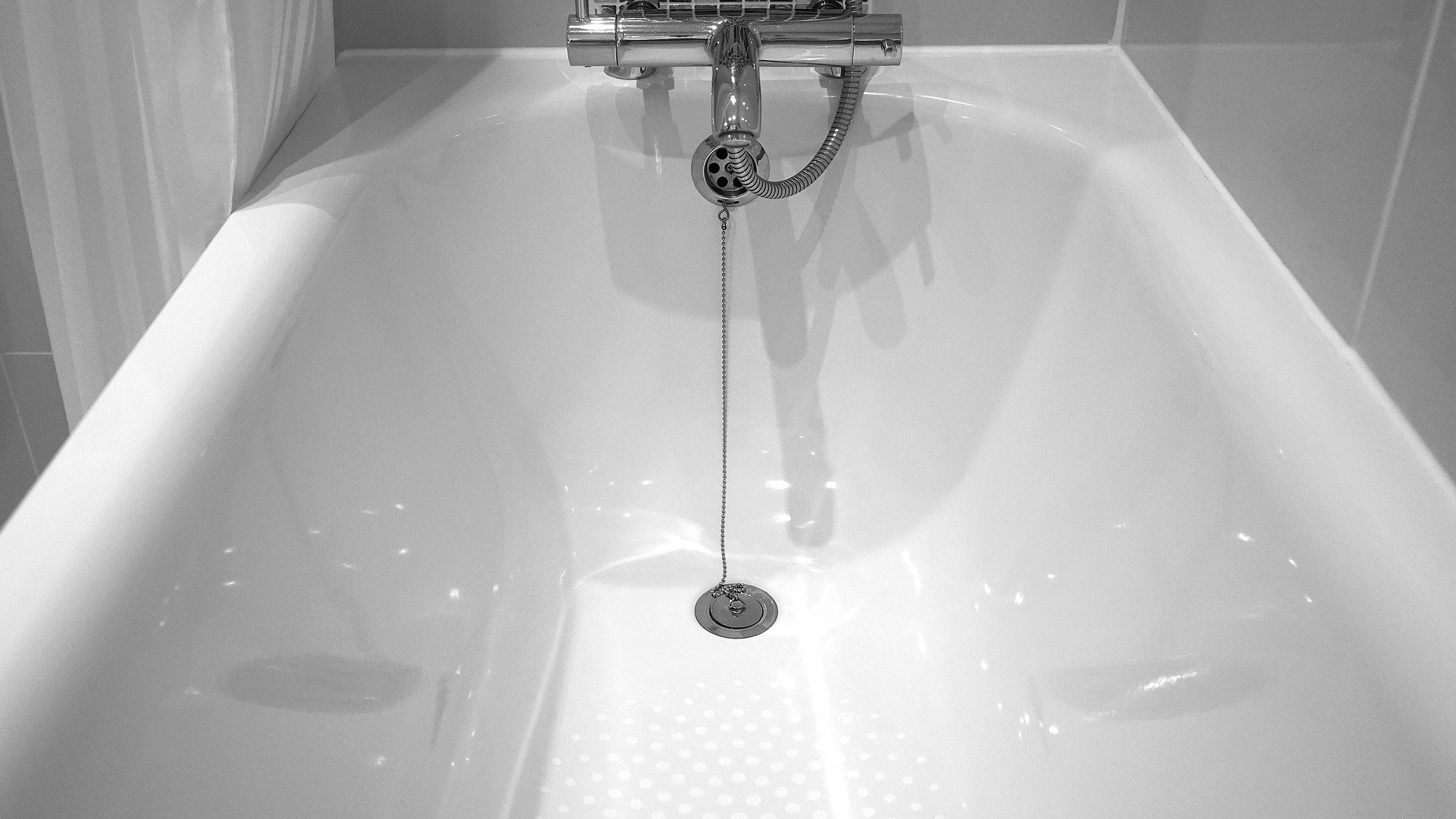
The Home Upgrades That’ll Save You Money Over the Long-Term*
None of us can afford to throw money away when it comes to managing and maintaining our homes, but nevertheless, that’s what many of us do over the long-term. So if you’re looking to make some changes in your home, it’s worth considering upgrades that’ll also save you money moving forward.
We’re going to discuss the various changes you can make and the different ways in which you can upgrade your home and save yourself money over the long-term by doing so. There are so many ways to do that and if you’re not sure where to start, the tips below will leave you feeling more enlightened.
So read on now and find out about the home upgrades that’ll not only improve your space but save you money in the future.
Use Light Dimmers and Timers
If you’re someone who always leaves lights on when you leave the room and then forget about them, you’re not the only one. It’s something that most of us are guilty of. But by putting in place measures to ensure your lights aren’t wasting quite as much energy even when you forget to turn them off manually, you’ll save yourself money on energy over the long-term. After all, we use lights every day of the week and those costs add up. So think about installing dimmer switches and timers in your home.
Switch to LED Bulbs
One of the ways in which you might be wasting your money at home is by using the wrong kinds of bulbs. This might seem like a relatively minor thing but it’s really not. When you have old-fashioned bulbs lighting up your home, you’re going to be wasting so much energy each and every time you switch your lights on, and that’s obviously not what you want. So at the same time as you install dimmer switches and timers, you might also want to make a long-term switch away from old bulbs and towards modern, energy efficient LEDs.
Fix Minor Leaks
When you find minor leaks or issues in your home, it can be easy to turn a blind eye for a while. A slightly leaky tap might not seem like a big issue at the time, but it’ll cost you big going forward if you’re not careful. By fixing minor leaks and other problems in your home, you can make sure that these problems don’t persist and grow into bigger problems over time. You can also make sure that you don’t waste money on that excess water usage. Leaking water still needs to be paid for.
Caulk the Shower and Bathtub
It might be a good idea to think about caulking the shower and bathtub if you haven’t done so for a whole. That caulk will rot away and deteriorate over time. And it’s important to make sure that you take action to ensure this doesn’t become a problem for you. It’s not particularly difficult to recaulk your bathroom, even if you’ve never done it before. It’s simply a case of sealing any potential gaps that might be present and making sure that water can’t leak through and cause problems later on.
Install Ceiling Fans and Use Your AC Less
This is a trick that’s especially useful in warmer locations. If you find yourself relying on your AC unit a lot throughout the year, it might be a good idea to think about how you can cut the cost associated with using that. It’s something that we can all do, and one of the best ways of doing it involves installing a ceiling fan. This is a much cheaper way of cooling a space than using an AC unit, and it’s also a much greener and more energy efficient solution as well, so it might be something you want to consider.
Upgrade to Water Efficient Appliances
If you have appliances in your home that are not very efficient in terms of how they use water, you should think about what you can do to upgrade those spaces effectively. The way in which we can upgrade and update our water appliances is varied. It’s possible to install low flow fixtures such as toilets and showers. These use less water. And your own habits can be changed in ways to ensure you use as little water in the home as possible. New appliances tend to be more water efficient though, so it’s worth making the upgrade.
If you’ve been using the same toilet for a long time, you may want to look into switching to a water-saving macerating toilet. Macerating toilets, also known as upflush toilets, are perfect for bathrooms in hard-to-reach areas, or locations with low water pressure. They tend to use less water than the standard so they’re water-efficient.
Invest in New Windows
Your windows play a huge role in how energy efficient your home is and how able it is to retain heat from day to day. You don’t want the heat you generate to be immediately lost through the windows of your home because that just makes your life harder than it needs to be in terms of covering the costs of heating and energy usage. Places like Renewal by Andersen can help you install new windows that are going to be more durable and more energy efficient moving forward. This could be the kind of upgrade you need to make.
Work on Flooring
Any home will look classic and elegant with hardwood floors. But selecting the best wood for flooring is a challenge because it takes pricing and cost of installation as well. You even have to think about the furniture that you have that will match with the flooring. So saving more in the future, you need to choose the appropriate wood to stay good for a longer period of time. White oak is said to be very good as it is durable, hides imperfections, and will not even break your budget. If you need more assistance than going through this link, homecarecontractors.com
Install Solar Panels
Installing solar panels is definitely a step you should think about taking if you want to rely less on external energy companies. More and more homeowners today are being drawn to the idea of self-sustainability and being able to produce their own energy and using that energy from day to day. That all starts with investing in solar panels or other forms of green energy production. Depending on your location, it might be more appropriate to install small wind turbine energy generators, or even both.
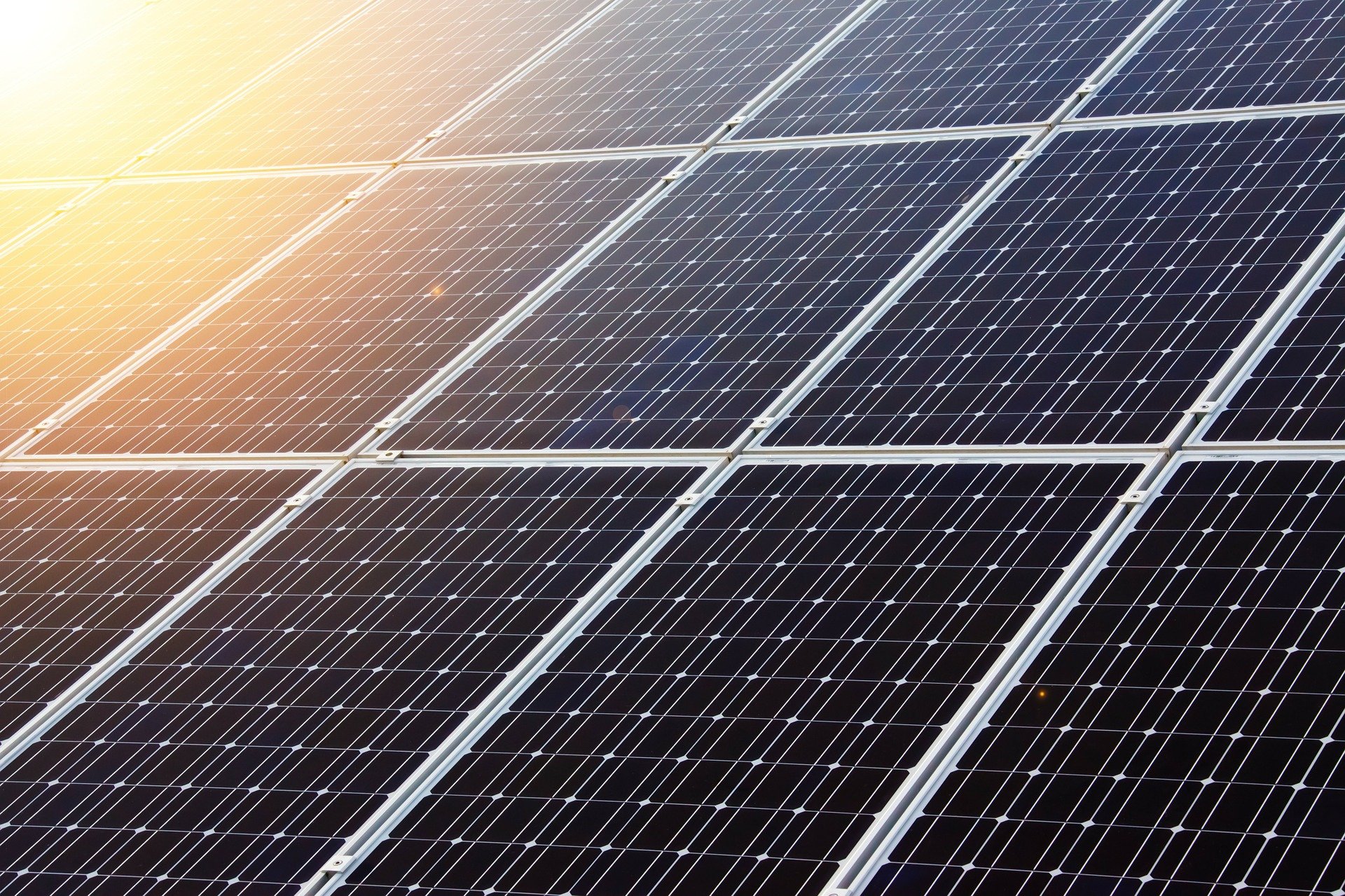
Start Using a Smart Programmable Thermostat
While Smart Home technology can be a game-changer in making your home more sustainable and saving money, you should consider your heating methods too. If you have a boiler warming up your home, then maybe it’s time for an upgrade. Bbright and other companies offer new and affordable boilers. Older heating methods will eventually need to be upgraded. These upgrades may be a big investment, but in the long run, you’re bound to save so much money.
A programmable thermostat is one of the best things you can put in place when it comes to making sure that your home is under your control in terms of how you use energy within it. Having that precision control over the home’s temperature often leads to huge savings in terms of the amount of energy you use from week to week and month to month. With imprecision comes waste, and that means you’ll be wasting money on heating your home. And that’s exactly what we’re trying to avoid there.
Upgrade Your Home Security System
Your home’s security system is something else that’s very important when it comes to keeping your home functional and up to date. You want to feel confident that you and your family are always safe and secure when you’re at home, and it’s much easier to ensure that’s the case if you have a good home security system in place. You can use cameras that you can connect to your devices so you can always see what’s happening around your home. And you can use an alarm system that alerts the police when there’s a security breach.
Add More Insulation to the Attic
Finally, you should think about insulating the attic better if this is an area in which things are currently lacking. Insulation is a huge money saver in the home because it prevents energy from escaping through the roof and through the walls of the home. If your current insulation setup is not up to scratch, now is the time to change things once and for all.
So if you’re looking to make the most financially sensible upgrades to your home, be sure to make the most of the ideas we’ve discussed here. Each of them will help you to get more out of your space and help you to cut down on your bills and expenses in the future. What’s not to like?


